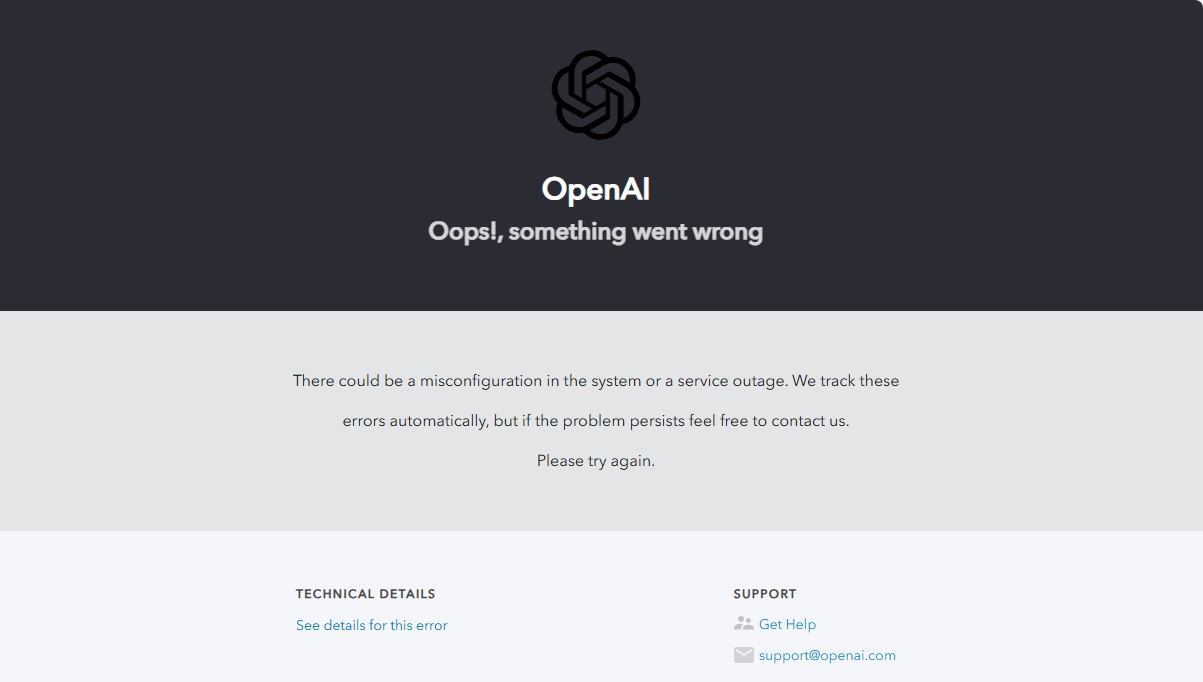Alien Intelligence
As we have discussed in previous posts, it is clear by now that we are not going to voluntarily achieve Net Zero greenhouse gas emissions by the year 2050. But we still have a responsibility to adapt and to educate others.
Aha! Moments
When it comes to the Age of Limits issues, particularly climate change, we are all on a journey as we gradually learn more and more about the crises that we face.
Yet the word ‘gradually’ in the preceding sentence may be misleading. Every so often we have an ‘Aha!’ moment when something seems to click.
I have had various of these moments since I started taking an interest in Age of Limits issues. Here are three of them.
An article by John Michael Greer explained the distinction between predicaments and problems. (Problems have solutions, predicaments do not. When faced with a predicament we can respond and adapt, but we cannot make it go away.)
A short story by James Howard Kunstler described life in a society that had successfully found an alternative source of energy, but the factories and supply chains that supplied light bulbs were no longer working. Hence, although the people in the story had clean energy, they did not have electric light.
An article I read in the journal Hydrocarbon Processing (I cannot find the reference) described how we can make biofuels from corn. However, to the author’s evident surprise, it turned out that it took more fossil fuel energy to make the biofuels than those fuels supplied to the customer. Later on I came to understand the concept of ERoEI ― Energy Returned on Energy Invested.
Meaning of AI
I had another of these Aha! moments the other day when I listened to a discussion ― Our AI Future Is Way Worse Than You Think ― between Yuval Noah Harari and Richard Roll. Harari stated that the letters ‘AI’ should really mean Alien Intelligence. He did not mean that AI is coming from another civilization outside the solar system. He meant that we humans have evolved organically. This evolution, including the development of our own intelligence, has been slow. AI, on the other hand, is alien because (a) it is not organic, and (b) it is growing extraordinarily quickly ― far too quickly for we mere humans to keep up.
AI and Net Zero
Most of what we read about AI assumes that there will be no barriers stopping its growth. Yet AI requires a huge amount of energy, which runs into Net Zero problems, even with the advent of more economical programs such as Deep Seek’s R1. Already, the global electricity consumption of data centers is already estimated to be 1-2% of total energy use, and AI will significantly increase this demand.
In order to gain some insight into this dilemma, I asked ChatGPT the following question.
Will the growth of AI be limited due to energy limitations?
Here is a summary of its response.
While energy constraints could slow down AI growth, innovation in hardware, algorithms, and energy sources will likely keep AI development moving forward. However, if power grids struggle to keep up or energy prices soar, AI scaling could hit real bottlenecks.
In other words, ChatGPT doesn’t know. To use a baseball analogy, ChatGPT whiffed.





